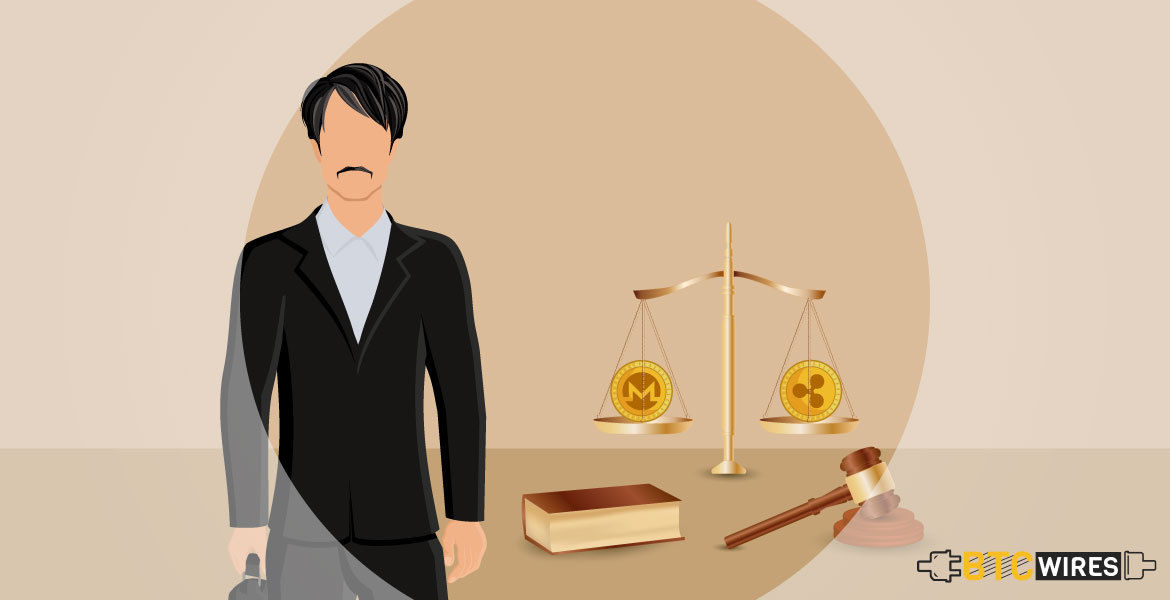Amid the growing cry for regulating crypto in India, one

Amid the growing cry for regulating crypto in India, one supreme court advocate has come out claiming that the Cryptocurrencies cannot be regulated. Lawyer Abraham C. Mathews has cast his doubts over the power of the Indian government to regulate the cryptocurrencies and also believes that courts should not get involved in matters like these.
Abraham C. Mathew describes himself as a supreme court lawyer and a charted accountant who practices in the supreme court as well as high courts and some of the tribunals in Delhi. He recently penned an article voicing his concerns over the regulations of cryptocurrencies by the government. He was quoted,
‘Cryptocurrencies by their very nature cannot be regulated … The supreme court should resist the urge to get involved. There is simply no denying the fact that cryptocurrencies have not gained the widespread usage their early proponents predicted, with usage as currency still restricted to a few pockets of enthusiasts,”
Going through the article, it seems the advocate is pro-blockchain but denies cryptocurrencies could ever take off and get accepted to the level which many crypto bulls like to project. He believes that the blockchain as technology has started to take shape while the Cryptocurrencies have all but failed.
You Cannot Regulate Something Which You do not Have Control Over
while trying to make a point, Mathews explained that cryptocurrencies are too volatile of an entity to be regulated. The biggest negative aspect is that its almost impossible to recover the lost coin, given the privacy features that the crypto posses. He also cited the example of hacks of crypto exchanges where the lost funds are not recovered for the most part and the exchange does not take up the responsibility to compensate the losses to the users.
Mathews emphasize that no matter what level of regulations you put in place, they won’t be of any use if there is heist or theft of the digital asset. You cannot regulate an entity which you have no control over.
He was quoted,
“this is, unfortunately as far as the central bank can go. You cannot regulate … something that you do not have some semblance of control over.”
No Regulations Does not Necessarily Mean Illegal
Mathews further emphasized that no regulation does not necessarily mean the digital entity should be made illegal, but it must be treated as it is, a shiny captivating new toy. He explained,
“This is not to say that cryptocurrencies must be declared illegal. It must be treated for what it is: a shiny new toy. Let them play with it. However, giving it statutory or regulatory legitimacy is not just imprudent, it is foolhardy.”
Despite such contradictory remarks from the supreme court advocate, the crypto community is hoping for the government to bring in some positive regulatory reforms to the table. Whether the digital assets are good to be regulated or not will only be decidable if the regulations are put in place.
Recently, the supreme court has given a 4-week ultimatum to the central government to finalize its regulatory framework, in order to head pending cases and petitions against the ban of use crypto in India.
